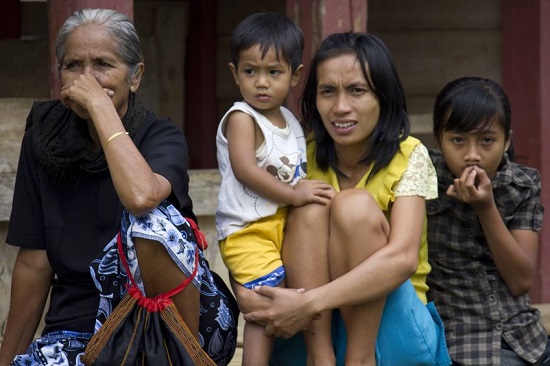ITU focus group on financial inclusion to meet in KL
By Digital News Asia September 17, 2015
- 2bil unbanked people in the world, mostly in China, India and Indonesia
- Telco and financial regulators from across the globe to meet in Malaysian capital

THE ITU Focus Group on Digital Financial Services (DFS) for Financial Inclusion will be meeting in Kuala Lumpur at the end of the month to continue discussions on what the International Telecommunications Union (ITU) has described as one of the world’s most challenging social and economic issues: Access to formal financial services by the world’s poorest two billion people.
The focus group was officially launched in June, 2014, to see how international telecommunications and financial services communities can work together on the issue, the ITU said in a statement.
Incorporating 60 organisations from some 30 countries, the group aims to bridge the gap between telecommunications and financial services regulators, and the private and public sectors.
Representatives from across the DFS ecosystem will address some of the major issues currently preventing DFS from serving the unbanked, the ITU said.
Four working groups have been established, comprising regulatory authorities, operators and consumer protection organisations.
They are developing a set of operational recommendations, tools and solutions that will fast track policy reform to support numerous developing countries in implementing the financial inclusion strategy and promoting DFS at scale, the UN body added.
Initial findings will be discussed in Kuala Lumpur from Sept 30 to Oct 2, and at the next meeting in Geneva in December. Final reports are expected to be published late in 2016.
“By leveraging the rapid growth of existing mobile networks and the use of cellphones, the majority of cash transactions can be shifted into digital form,” said Sacha Polverini, chairman of the focus group and senior programme officer for the Bill and Melinda Gates Foundation.
“Innovative digital payment systems can reduce transaction costs by up to 90%, giving financial institutions, mobile network operators, and a new set of service providers the ability to create innovative new financial products tailored to the needs of the poor.”
Regulation is a key factor, the ITU said. However, the payment industry has found it challenging to launch and scale services for the unbanked – an issue that affects up to two billion people globally, the majority of which are based in India, China and Indonesia.
This is because many policy and regulatory environments are not genuinely enabling the organic development of a competitive DFS ecosystem that can reach the poor, the ITU argued.
In addition, the conversation around DFS has primarily taken place at a national level and between financial service regulators and standard setting bodies, it added.
“Given the important role that mobile can play in addressing DFS, the ITU is in a unique position to bring together both telco and financial service regulators and industry from around the world to develop a common international framework that generates better understanding and provides practical solutions,” said ITU Secretary-General Houlin Zhao.
Related Stories:
Critical role of operators in using ‘mobile money’ to fight poverty
Internet for All: Telenor on the essentials
Wobe: Entrepreneurial tech for disadvantaged women in SEA
Half the world's population on mobile Internet by 2020: GSMA
For more technology news and the latest updates, follow us on Twitter, LinkedIn or Like us on Facebook.

